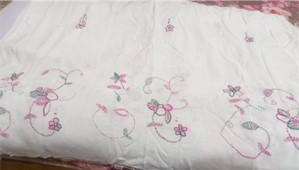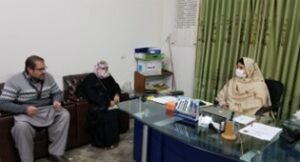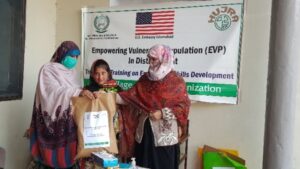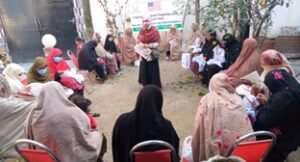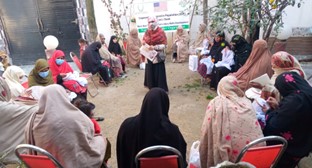Thematic Area: Food Security, Livelihood and DRR
Project Period: October 2020 to March 2021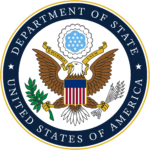
Donor Agency: U.S Department of State
Project Locations: District Swat of Khyber Pakhtunkhwa
Project Goal: Empowering Vulnerable Population in District Swat of KP
Project Objective 1. Provide unconditional relief assistance to support 4937 households, each for six months, affected by the impact of COVID-19 to address their food needs in targeted villages of Peshawar district.
Project Objective 2. Increase community/beneficiaries awareness against COVID-19 key precautionary measures through sensitization sessions in order to prevent and contain COVID-19 transmission.
Objectives
This six (06) month project is exclusively designed for uplifting the socio-economic status of the most vulnerable segment of the society i.e. persons with disabilities (PWDs) hence this project will contribute to the goal “Economic Empowerment and Entrepreneurship”.
It is evident from available data that majority of the disable people in Swat are burden on the shoulders of their families. Even the educated PWDs in Swat are deprived of jobs. The special quota for persons with disabilities is on papers only as no government department practically implements it. There is no institution in Swat valley to provide educational facilities to the physically challenged people or to build their capacity in skills that are relevant to the current labor market demands.
In order for PWDs to lead towards a dignified life, self-sufficiency, improved living condition and self-employment is indispensable by enabling them to acquire skills that are relevant to the current labor market demands.
Key Accomplishments in terms of results, outcomes including outreach (in bulleted form)
The project has to target the deserving families having one or more disable family members. Any female member of such families having embroidery skill will be registered as a beneficiary. The beneficiary’s embroidery capacity will be enhanced and trained to make her familiar with the contemporary trends, designs and fashion. Below are the key accomplishments of the project.
- Identification of 125 females in families having disable members.
- Procurement of training materials
- Formation of groups with 25 females in each group
- Distribution of training materials among selected beneficiaries
- Training of 50 beneficiaries (2 groups) in 1st months of the project since inception
